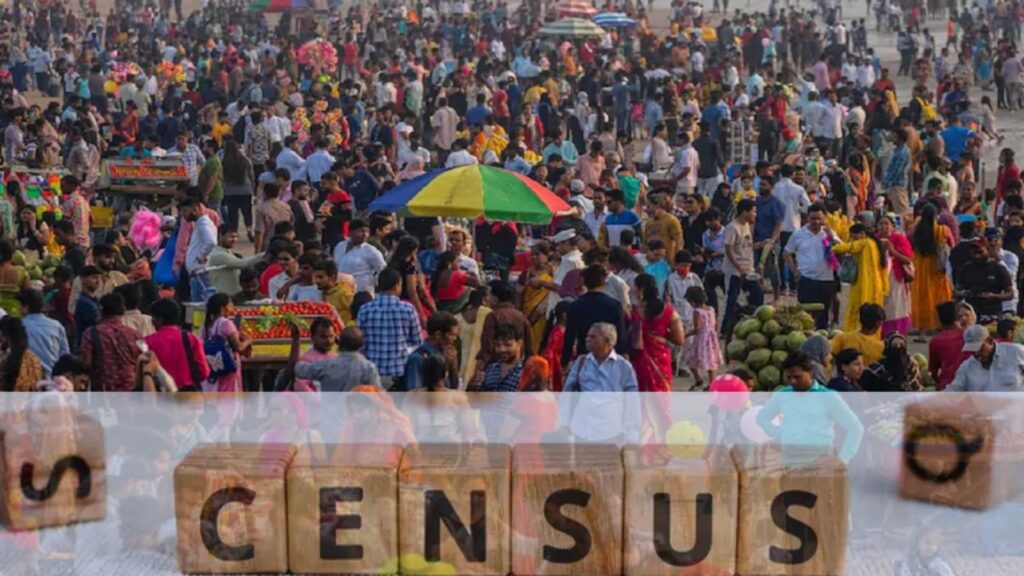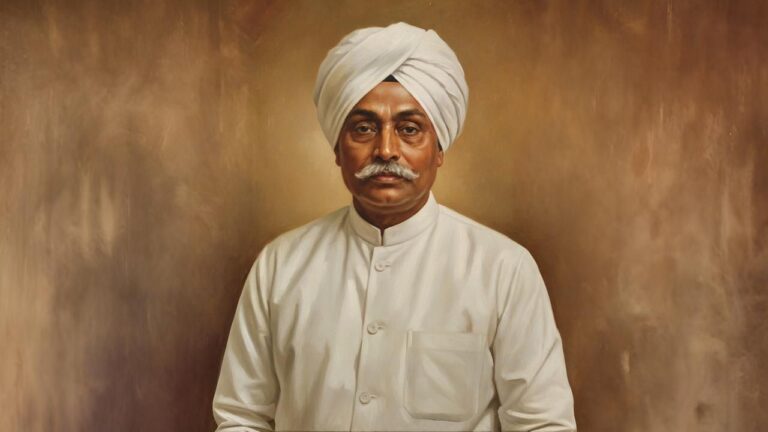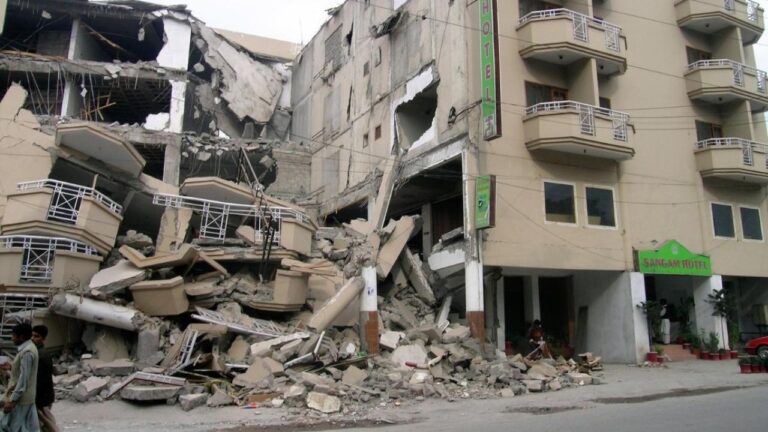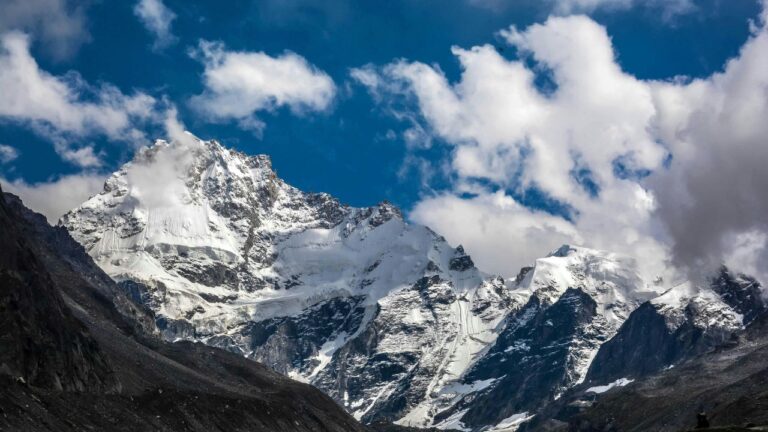
The first phase of India’s long-awaited decennial Census will commence on April 1, 2026, marking the beginning of one of the world’s largest data collection exercises. The announcement was made by Mrityunjay Kumar Narayan, Census Commissioner and Registrar General of India, through a letter addressed to Chief Secretaries of all States and Union Territories.
The two-phase Census will start with the Houselisting Operations and Housing Census, in which details related to housing conditions, household amenities, and assets will be recorded. This phase will be followed by the Population Enumeration, scheduled for February 1, 2027, where demographic, cultural, and socio-economic data of every individual residing in the country will be collected.
Prior to the launch of the operations, state governments and district administrations will assist in the appointment and deployment of supervisors and enumerators, ensuring smooth execution. In total, more than 34 lakh field staff and 1.3 lakh Census functionaries are expected to be mobilized.
This will be India’s 16th Census overall and the eighth since Independence. In a significant move toward modernization, the upcoming Census will be conducted digitally for the first time, utilizing mobile applications for data collection. Citizens will also have the option of self-enumeration, allowing them to submit their details online.
The questionnaire for the Houselisting phase will include around three dozen questions, covering topics such as:
- Ownership of gadgets and vehicles (TV, radio, mobile phones, internet, bicycle, motorcycle, car)
- Type of fuel used for cooking and presence of LPG/PNG connections
- Availability and type of latrine, source of drinking water, and wastewater disposal methods
- Details on the structure of the house, including materials used for the floor, walls, and roof
- Number of rooms and residents, presence of married couples, and whether the household head is female or belongs to a Scheduled Caste or Tribe
The Caste enumeration, a long-pending demand in Indian policymaking circles, will also be part of the process.
This Census, delayed due to the COVID-19 pandemic, is expected to play a critical role in policy planning and the allocation of resources across various sectors, including education, health, housing, and employment.






